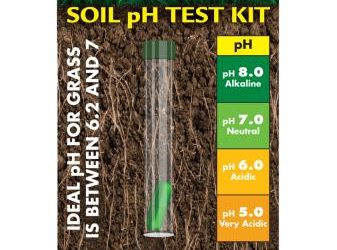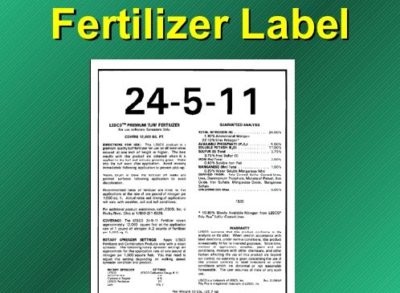Description
The term “pH” refers to a soil`s acidity or alkalinity. It is measured on a scale from 0 to 14, with a neutral point at 7. A pH value lower than 7 is acidic, while one higher than 7 is alkalinity. Good garden soil usually has a pH between 6 and 6.8, the range in which the vast majority of plants thrive. The right acidity or alkalinity in the soil makes it possible for plants to extract nutrients from it. The norm in western zones that receive little rainfall is slightly alkaline soil. By amending such soil with compost and similiar materials, you can move the pH closer to the desired 6 to 6.8 norm. Alkaline tolerant plants include acacia, bottlebrush, date palms, dusty miller, eucalyptus, oleander, olive, pomegranate, and thyme. To determine soil pH, you can use a purchased test kit, gathering samples from several different locations throughout your garden. Get professional advice from our nursery staff on the soil amendment process. The best course is to add only organic amendments.




